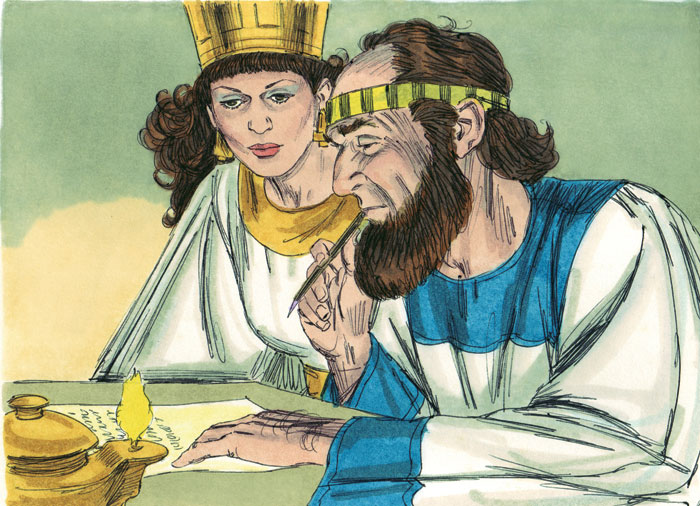 Queen Esther and Mordecai
BibleArtLibrary/Getty Images
Queen Esther and Mordecai
BibleArtLibrary/Getty Images Even those Marvel fanatics that may have skipped occasional episodes of “Loki” and the latest Dr. Strange sequel can’t help but notice the Multiverse is where the action is. From the rave reviews received by the animated “Spider-Man: Across the Spider-Verse” to a rumored upcoming cameo by Taylor Swift in Ryan Reynolds’ soon-to-be-released “Deadpool & Wolverine,” the interconnected web of alternate realities and tweaked timelines seems to offer endless creative possibilities for our beloved cast of heroic characters. In the Multiverse, familiar faces possess new powers and even new names, the dead are revived, and characters who hadn’t yet crossed paths in canonical continuity find themselves teaming up to tackle the bad guys.
It might come as a surprise to the most devoted comic book and cinematic aficionados then, that millennia before Kevin Feige and Co. dreamed up Marvel’s Multiverse, the ancient rabbis cast Mordecai of the Megillah of Esther in a strikingly similar context.
For those in need of a refresher, Mordecai was the cousin of Esther. Finding themselves in Shushan in ancient Persia in the fifth century BCE, the two hid their Judaism. Esther unintentionally won King Ahasuerus’ search for a queen to swap in for the disgraced and dethroned Vashti. As sovereign, Esther obeyed Mordecai’s advice not to reveal the faith of her fathers while festooned with the trappings of the palace. Her cousin, in the meantime, was publicly outed as a Jew when he refused to prostrate himself before the nefarious vizier Haman.
Twenty-five-hundred-year-old spoiler alert: Mordecai and Esther eventually foiled Haman’s plot to destroy their coreligionists. The pair’s renewed sense of pride in Jewish peoplehood has inspired generations ever since.
Though the biblical verses paint Mordecai as a sagely and determined government official and Persian-Jewish communal leader, the rabbinic tradition sensed in him a multiplicity of possibilities.
The Mishnah in Tractate Shekalim lists Mordecai among the Temple in Jerusalem’s ritual officials. By doing so, the rabbis subtly offered a post-credit scene to the Scroll read on Purim. In this new timeline, Mordecai made it back home to Judea after his adventures in Haman-hanging. Though the regular story leaves the Shushanite Jews led by him and Esther seemingly entrenched in the Persian bureaucratic machine, Mishnaic Multiverse Mordecai lives happily ever after, triumphantly returned to the God-given homeland of the Jewish people.
Not stopping there, the rabbis ascribe to Mordecai linguistic abilities that even Earth’s Mightiest Heroes don’t possess — the ability to speak 70 languages. Picking up on a passing reference in the books of Ezra and Nehemia to a “Mordecai Bilshan,” the rabbis depict Mordecai as a master of leshonot, the Hebrew word for dialects. His wisdom in utilizing his semantic superpowers, in this iteration, earned him the additional name Petachya, “He Who Opens [Understanding] on Behalf of God.”
This Mordecai/Petachya lived for hundreds of years, until the time of the Maccabees, the rabbis record in the Talmudic Tractate Menachot. Though some later interpreters, including Tosafot, doubted the plausibility of this miraculous longevity, the renowned sage Rashi, perhaps tantalized by the possibility of a Hanukkah-Purim blockbuster, believed it to be so. Teaming up with those hearty Hasmoneans undoubtedly led to adventures whose stories have yet to be fully told.
By positioning Mordecai in this multitudinous manner, the Jewish sages were offering lasting lessons in leadership far beyond your typical silver screen and comic shelf fare.
Wherever you find yourself, keep your sights set on the ultimate destination, the rabbis were reminding us by placing Mordecai back in the Holy Land’s spiritual embrace. Using whatever political cache you possess to protect your brethren in exile is undoubtable a worthy endeavor. Yet it shouldn’t distract from the ultimate national-religious goal of inhabiting and thriving in God’s country. After all, it is Jerusalem’s flourishing that will pave the path for the world’s redemption.
Mordecai’s ability to speak dozens of languages was a reminder that to guide people you should aim for interacting with a plurality of voices. Groupthink and echo-chambers have left humanity with a failed tower in Babel and today’s brought-to-you-by-social-media tinderbox of polarization. To help lift others toward shared purpose, it is crucial to address the mosaic of voices within and beyond one’s natural community. As the late Rabbi Lord Jonathan Sacks observed after giving a speech to 2,000 leaders from all the world’s faiths at the Millennium Peace Summit in the United Nations in August 2000, “The miracle of monotheism is that Unity in Heaven creates diversity on earth, and God asks us (with obvious conditions) to respect that diversity.”
Lastly, Mordecai’s potential overlap with the mighty Maccabees is a reminder that any superhero worthy of his or her cape has a keen sense of the throughline of courage threading generations. Today’s Jewish heroes and heroines embody their people’s inner essence when they are driven not by the sages of TikTok nor swayed by the titans of Twitter but when their influences are the openness of Abraham, the humility of Moses, the kindness of Ruth, the passion of David, the courage of Esther, and the steeled determination of Matityahu. As Natan Sharansky wrote, recalling how a small copy of Psalms gave him the fortitude to survive Soviet prison, “King David now appeared before me not as a fabled hero or as a mystical superman but as a live, indomitable soul.” Legends are made by appreciating the strivings, struggles and contributions of those who have come before us.
When reading once more at Purim of Mordecai’s adventures in the Megillah, then, one would be forgiven for allowing one’s mind to wander into the Multiverse. After all, as the Jewish tradition has long understood, creativity and imagination have long forged our most courageous of champions.
When reading once more at Purim of Mordecai’s adventures in the Megillah, then, one would be forgiven for allowing one’s mind to wander into the Multiverse. After all, as the Jewish tradition has long understood, creativity and imagination have long forged our most courageous of champions.
Rabbi Dr. Stuart Halpern is Senior Adviser to the Provost of Yeshiva University and Deputy Director of Y.U.’s Straus Center for Torah and Western Thought. His books include “The Promise of Liberty: A Passover Haggada,” which examines the Exodus story’s impact on the United States, “Esther in America,” “Gleanings: Reflections on Ruth” and “Proclaim Liberty Throughout the Land: The Hebrew Bible in the United States.”
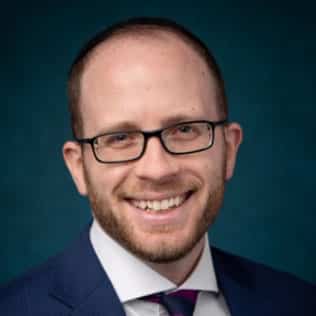






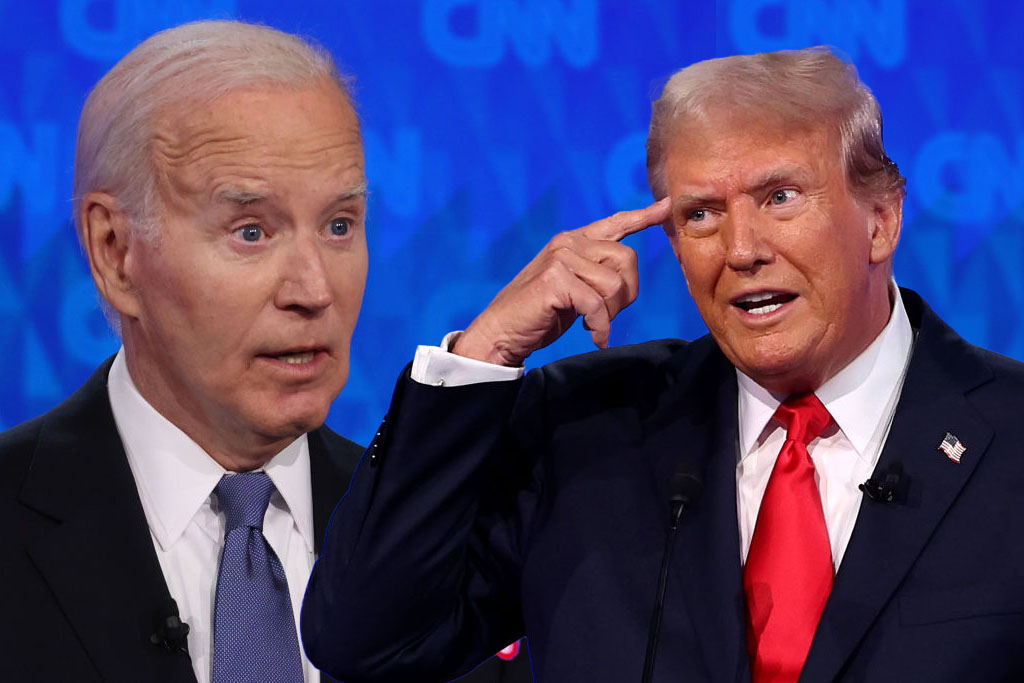



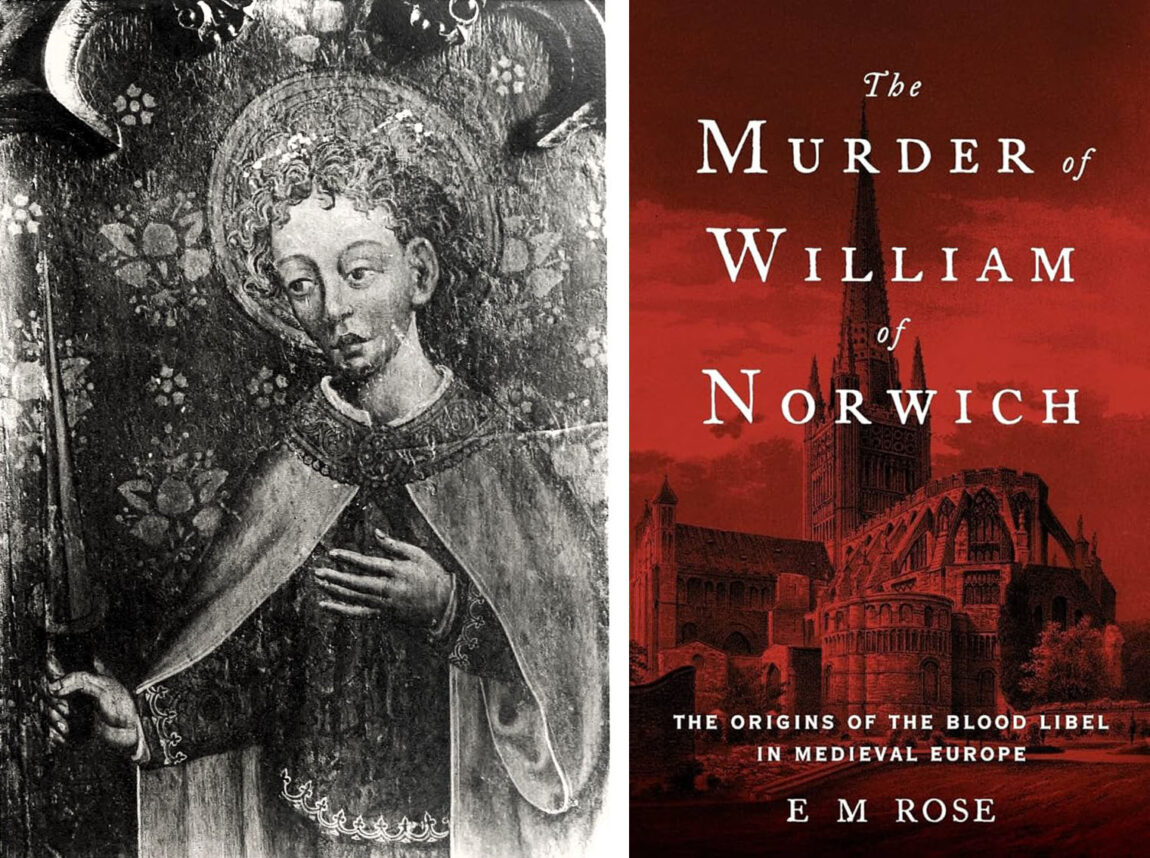

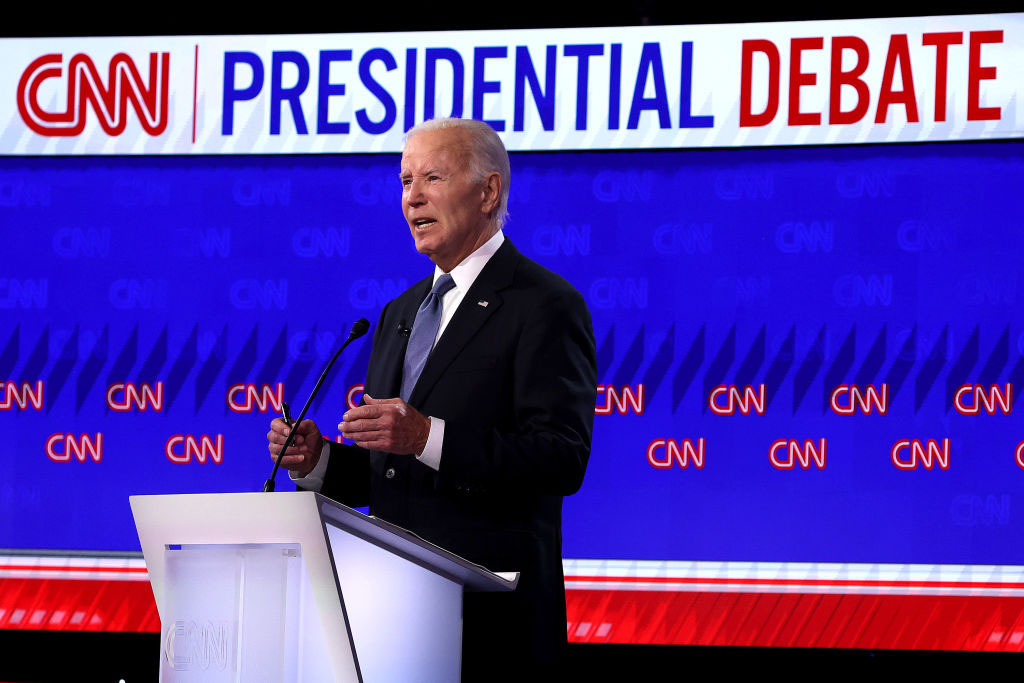
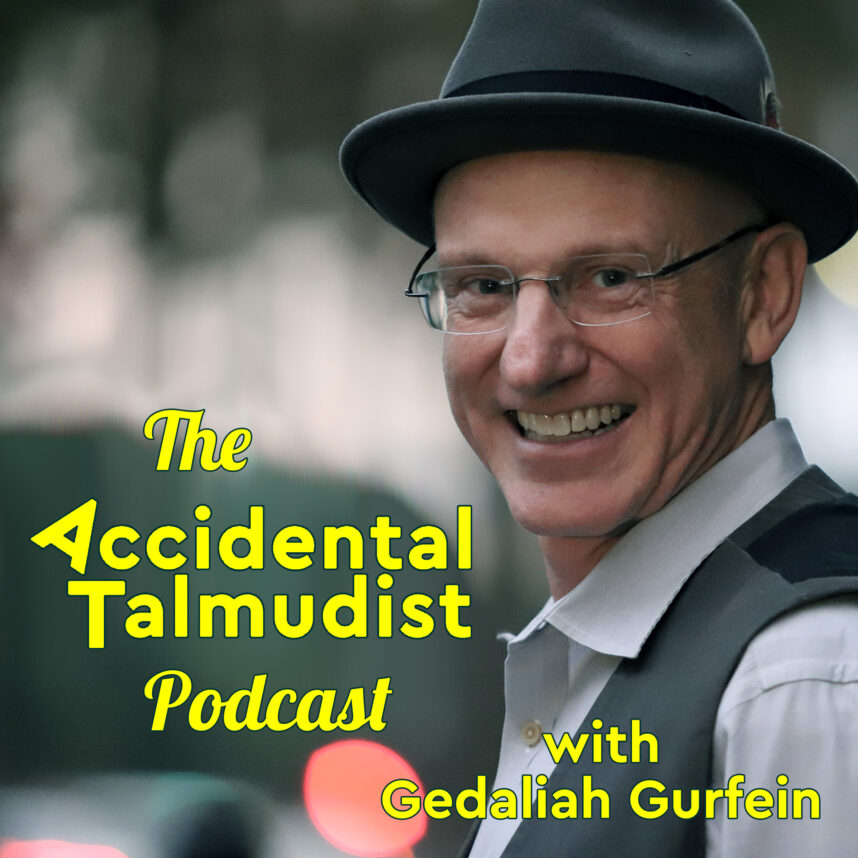
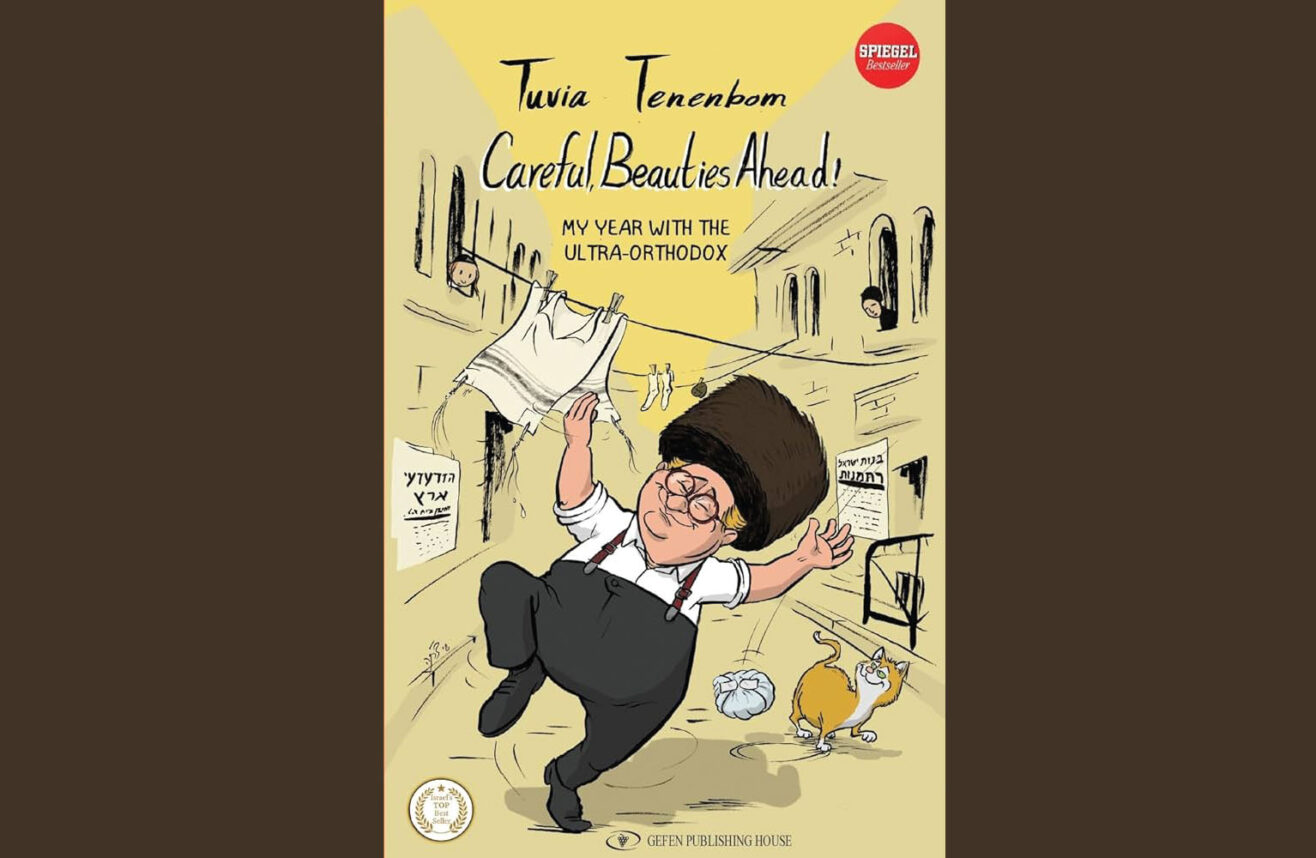
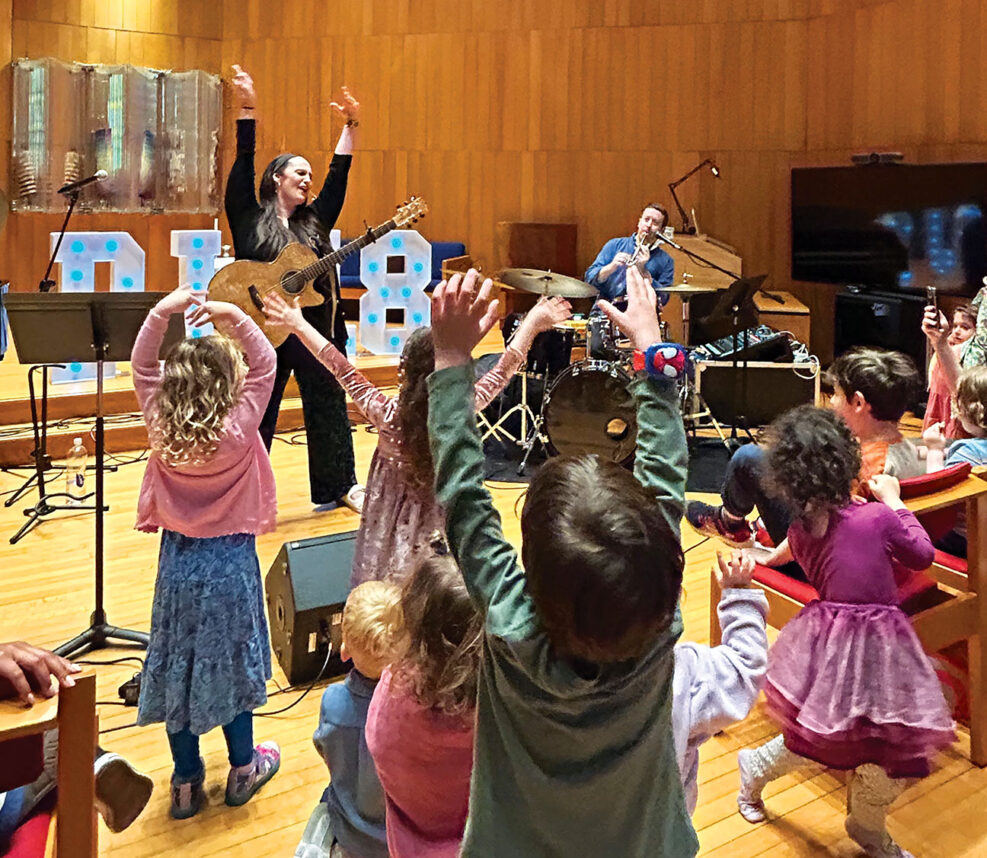





 More news and opinions than at a Shabbat dinner, right in your inbox.
More news and opinions than at a Shabbat dinner, right in your inbox.